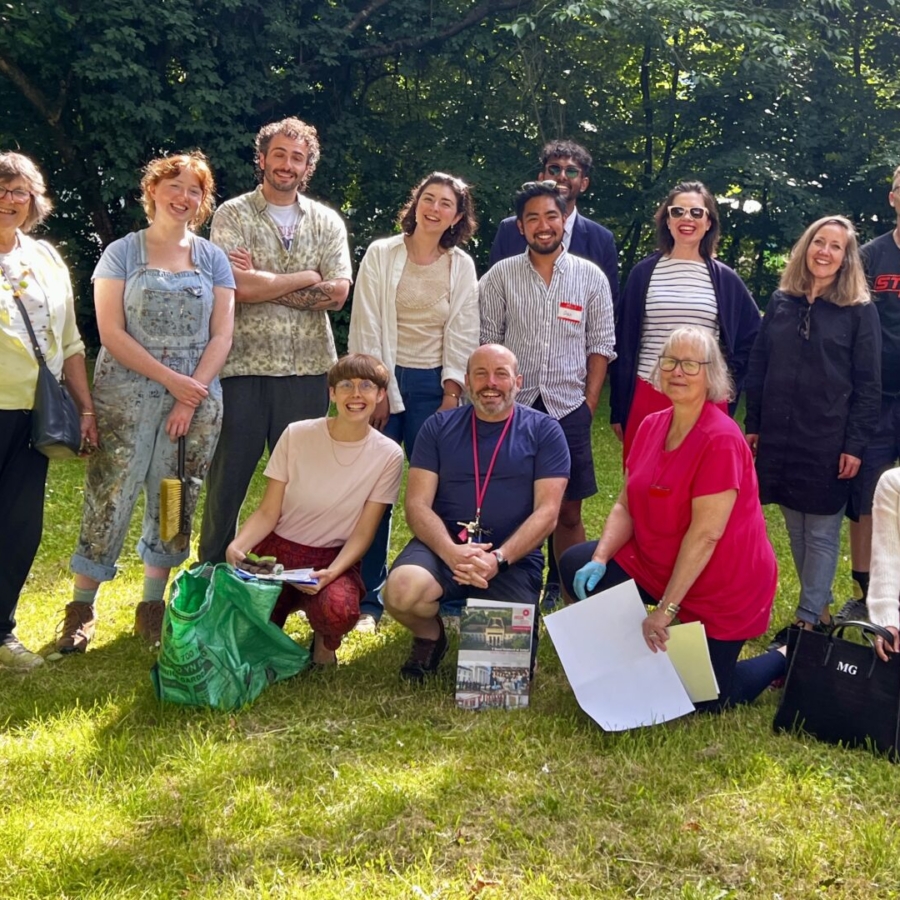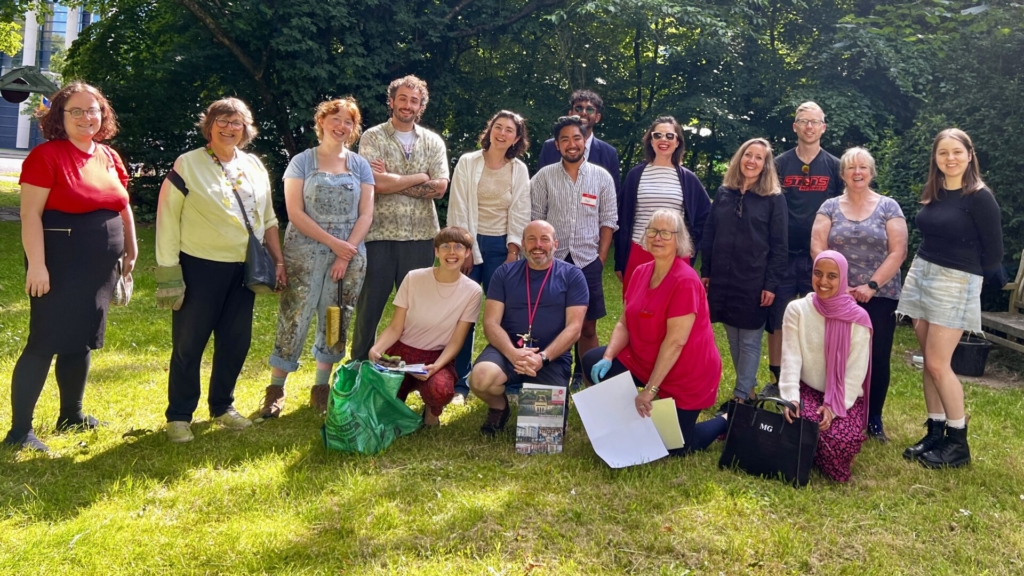
“If the right to life is the first of all human rights
Being the one on which all other rights depend
The right to refuse to kill must be the second.”
Inscription on COs Memorial Stone, Wales’ National Garden of Peace
#OTD ‘On this Day’, 15 May has been recognised worldwide since 1982 as International Conscientious Objectors Day. Halfway point between most nations’ Remembrance Days in November – which traditionally focus on military loss – COs Day provides a dedicated opportunity to reflect and learn about those who have taken a conscious stand against war: objectors of conscience, founded in political or religious beliefs, human rights and protest against state policies that they fundamentally disagree with.
Objecting to War – Recognising the Refuseniks of Russia and Israel
Historically associated in the UK primarily with World War One and (to a slightly lesser extent) World War Two, Conscience has become a far more present issue in the last couple of years as conflicts have erupted between Israel and Palestine, and Russia and Ukraine. In 2024, civilians who oppose state aggression were again being imprisoned for their beliefs, dependent for their freedom on public support through campaigns by civil society networks like Amnesty International and War Resisters International.
- Fellowship of Reconciliation feature on Israeli Objectors (RH)
- Amnesty International campaign for release of Israeli Conscientious Objectors; list of all recent Amnesty International Campaigns on Conscientious Objection
- Quakers campaign against persecution of objectors in Russia and Ukraine
- Peace Pledge Union, refuseniks call for end to persecution
- New Yorks Times feature – ‘They Refised to Fight for Russia‘ spotlights that Russia have convicted 1,121 objectors with proceedings currently against another 1,000.
This interactive map by Peace Pledge Union gives examples and case studies of Objectors from around the world.


Wales’ History of Objection from World War One to Today
The ‘Right to Protest’ enjoyed by most democratic societies today, from peace activism to foxhunting, owes much of its origins to the stand taken by objectors to the First World War.
A detailed history by Aled Eirug of ‘Welsh Opposition to the First World War’ – reviewed by WCIA’s team on publication in 2019 – offers an unprecedented insight into the motivations and stories of over 900 Conscientious Objectors from Wales, many of whom were imprisoned for their beliefs. In a mark of how far public opinion can swing, some of those ostracised by society during the patriotic ‘war fervour’ of WW1, were elected to parliament in the 1920s by the very same constituents by then recognising the urgency of peace after the loss of a generation. WCIA worked with Leeds University Research Fellow Cyril Pearce to make publicly accessible his ‘Pearce Register of Conscientious Objectors’, searchable through WCIA’s Peace Map.
WCIA created a touring exhibition over 2016-19, ‘Belief and Action’, which remains available for loan to community groups and venues. In Autumn 2018, Cyfarthfa Castle Museum ran a film project with young people from Merthyr Tydfil, exploring archives from Conscientious Objectors Tribunals over 1916-18 – where those who had applied for exemption from Military Service were ‘tried’. Their film ‘Without the Scales’ can be viewed below, or on Youtube.
Objection in Russia and Ukraine

Russia’s war in Ukraine over the last year has brought conscientious objection to a fore again, as many Russians have refused to attack their neighbours. Al Jazeera reported on widespread resistance to Russian conscription, whilst ‘The Conversation’ spotlighted Ukraine’s Human Rights contraventions from their ‘enforced conscription’ policy of banning men from leaving the country.
The International Fellowship of Reconciliation, IFOR amplify voices from COs and peace networks worldwide, including from Russia and Ukraine themselves. Elena Popova of the Russian movement of Conscientious Objectors in February 2023 said “since the start of this war people are very afraid in all sorts of ways; afraid they’ll all be grabbed and thrown into the meat-grinder. They feel their freedom is under immense pressure.”
War Resisters International have a ‘Ukraine’ homepage drawing together voices across it global network of pacifist groups, and have been monitoring and reporting on prosecutions against Ukrainian and Russian objectors.
Campaign for Nuclear Disarmament (CND)
The tradition of protest against war has been continued in Wales, particularly through the CND movement. Over 2021-22, WCIA worked with CND Cymru to digitise and curate their campaigns and magazines from 1982 to today – explore CND’s history of activism in Wales.
hi








